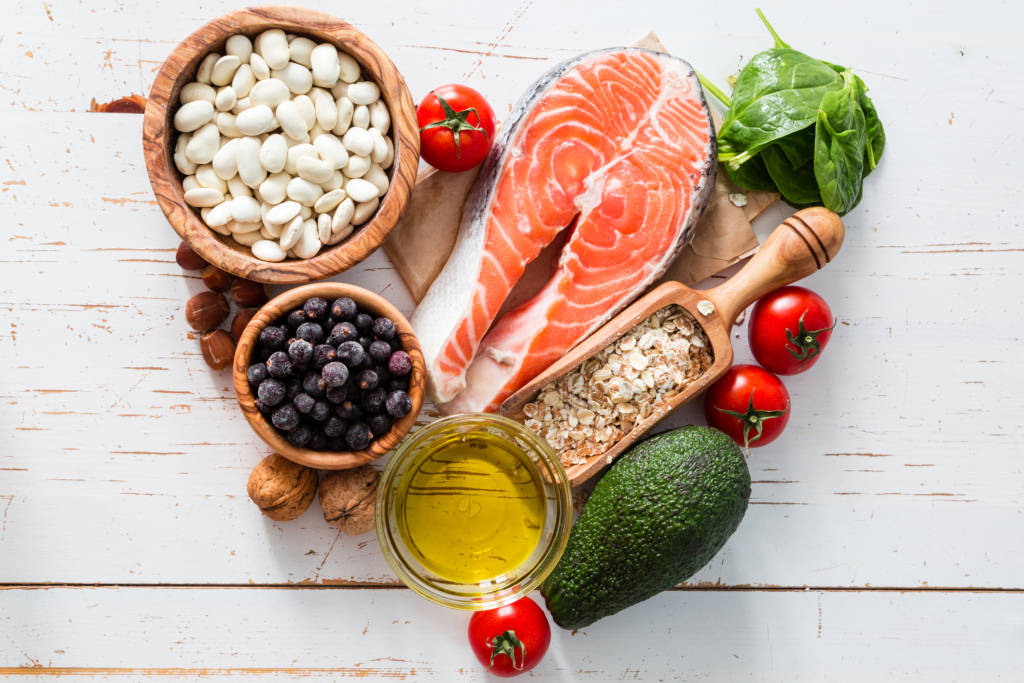According to the American Heart Association, heart disease is the leading global cause of death; 2,200 Americans die each day from heart disease. Wholesome nutrition is a major factor in combating plaque build-up in coronary arteries, which results in the most common type of heart disease, coronary artery disease. The AHA encourages limiting “sugary drinks, sweets, fatty or processed meats, solid fats, and salty or highly processed foods” to maintain a heart-healthy diet.
The Centers for Disease Control and Prevention suggests that a poor diet — among diabetes, obesity, physical inactivity and excessive alcohol use — is one of the most influential lifestyle choices that put people at a higher risk for heart disease. Americans are advised by organizations such as the CDC and the AHA to consume more fruits and vegetables and less sodium and sugar.
Carleton Rivers, RDN, assistant professor in the Department of Nutrition Sciences at the University of Alabama at Birmingham School of Health Professions and program director of the UAB Dietetic Internship, is an expert on dieting and nutrition. She says eating fresh fruits and vegetables cooked using a low-fat method are great for heart health.
“Choose vegetables that have a rich color like dark leafy greens, sweet potatoes, squash, carrots, and zucchini,” Rivers said. “Just be sure not to substitute fresh fruits with 100 percent fruit juice or dried fruit.”
Fruit juice and dried fruit are high in sugar and may be consumed in a greater amount than a whole piece of fruit. Fruit juices also lack the fiber needed to control blood sugar.






